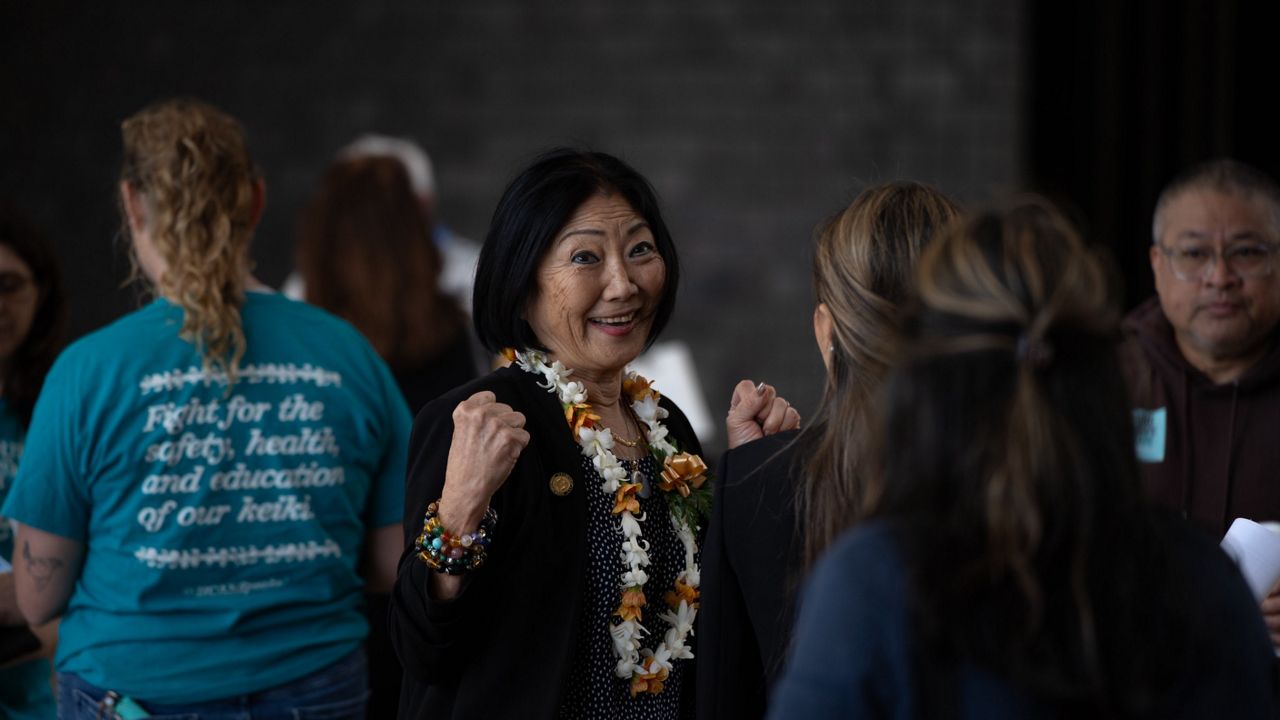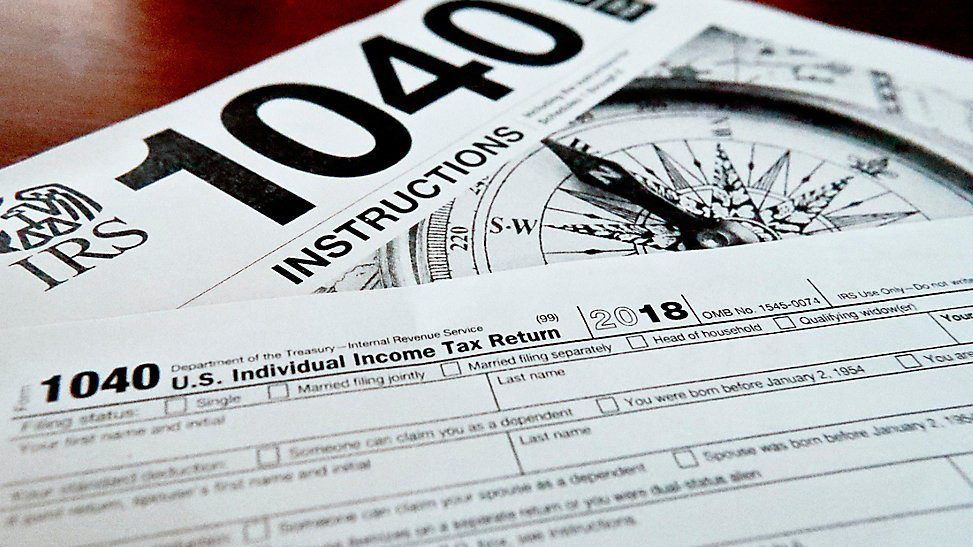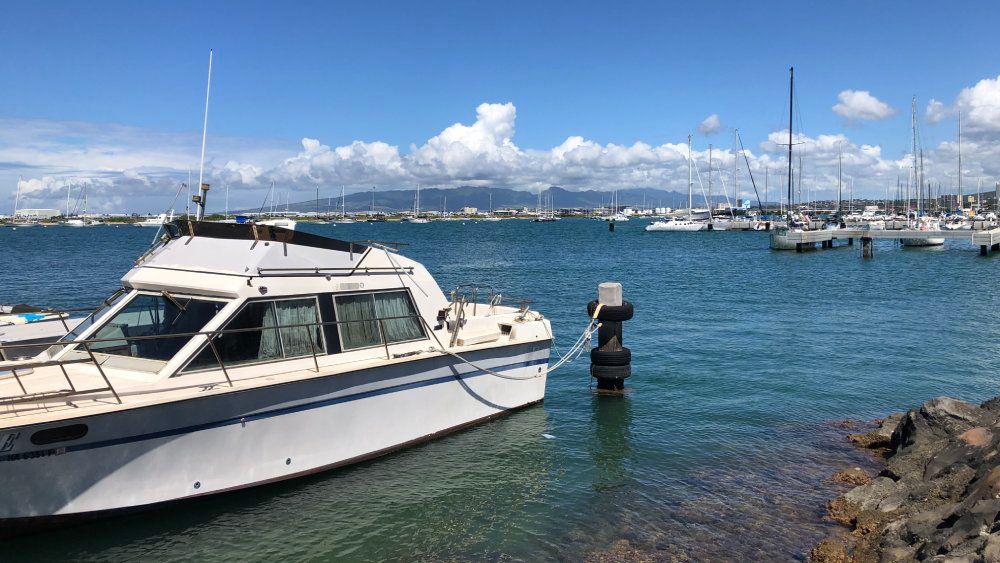HONOLULU — As other legislative caucuses roll out packages of bills in response to the specific needs of their constituencies, the Kupuna Caucus joined the Department of Health and community advocates last week to make sure the state’s elder population isn’t lost in the mix.
The 2024 Kupuna Caucus Bill Package includes five measures addressing health, social services, taxation and family leave.
“The Kupuna Caucus Package of bills endorsed by over 100 members supports our elders in enjoying their lives in the community and sustaining their independence as long as possible,” said state Sen. Sharon Moriwaki, co-convener of the caucus.
More than a hundred members voted on a slate of some 30 proposed bills to arrive at the final package.
“The bill package presented here today represents the collaboration and work of the Kupuna Caucus – including input and participation from the legislature, state and county agencies, and a wide range of community partners,” said co-convener Rep. Cory Chun. “I look forward to working with caucus members and supporters this legislative session on these measures to increase the quality of life for all our kupuna and their families.”
The package includes a trio of bills that would cause the state general fund to exceed its expenditure ceiling for 2024-2025 but would be justified by supporting services “necessary to serve the public interest.”
Senate Bill 2470/House Bill 1771 would provide funding for the Department of Health’s Executive Office on Aging for the Hawaii Healthy Aging Partnership, which sponsors a pair of evidence-based health interventions to help seniors manage chronic conditions and improve overall fitness and wellbeing. The program has not received state funding since 2020 and, according to the bill, could be forced to close without state support.
SB 1471/HB 1772 would appropriate funds to support DOH’s Senior Fall Prevention Campaign.
Meanwhile, SB 2472/HB1770 would address several social services concerns by raising the monthly needs allowance to $75 from $50; clarifying that the allowance is not intended to replace or affect funding from the federal supplemental security income program; requiring certain long-term care facility operators to pay for generic toiletries, linens, meals and snacks; and requiring the Department of Human Services to perform an annual review of the needs allowance.
Also in the package is a bill aimed at supporting caregivers.
According to the 2023 AARP report “Valuing the Invaluable,” an estimated 154,000 Hawaii residents provide caregiving services to a loved one, totaling 144 million hours at an estimated value of $2.6 trillion. A national study further found that caregivers spend 26% of their income on caregiving services and incur out-of-pocket expenses at an average of $7,242 per year.
To ease the financial burden, SB 2473/HB1769 would establish a refundable tax credit for nonpaid family caregivers and require the Department of Taxation to report to the Legislature before the start of each regular session.
Finally, SB 2474/HB 1768 would require the Department of Labor and Industrial Relations to create and administer a family leave insurance program.
According to the bill, working families in the state are not “adequately supported during time of caregiving and illness.”
As the bill notes, “while the federal Family and Medical Leave Act of 1993 allows 12 weeks of unpaid leave to employees who have worked at a business that employs 50 or more employees, the majority of Hawaii’s workforce cannot afford to take unpaid leave to care for a new child or attend to the needs of a family member with a serious health condition. Hawaii law, which offers a modest four-week extension of unpaid leave, is available only to employees of large employers with more than 100 employees.
The proposed bill would extend family leave to 16 weeks for businesses that employ one or more employees who meet the hourly qualifications and eliminate the previous threshold of 100 employees for employers to be subject to the family leave law.
Michael Tsai covers local and state politics for Spectrum News Hawaii. He can be reached at michael.tsai@charter.com.









